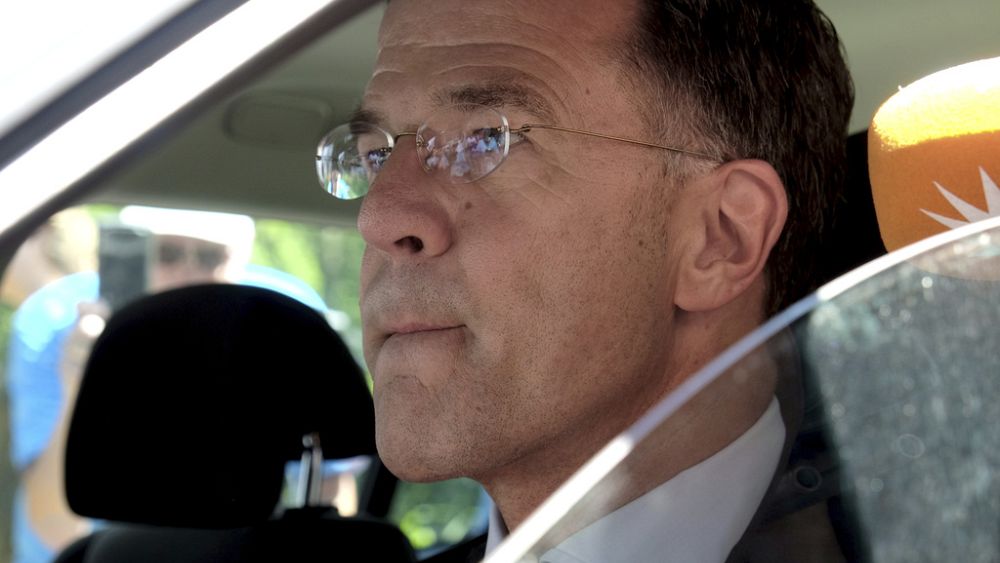Introduction:
After 18 months in power, the Dutch four-party coalition government has collapsed due to heated disagreements over migration policies. Dutch Prime Minister Mark Rutte’s attempts to negotiate measures aimed at reducing the influx of new migrants into the Netherlands faced significant political infighting. The impasse revolved around issues such as family reunification caps and the establishment of a two-tier asylum system. Unable to reconcile their differences, Rutte and his government were forced to step down, marking a turning point in Dutch politics.
The Migration Policy Proposals:
Prime Minister Rutte proposed a two-tier asylum system, distinguishing between temporary asylum for individuals fleeing conflicts and permanent asylum for those escaping persecution. Additionally, he planned to restrict the number of family members allowed to join asylum seekers within the country, requiring families to wait for two years before reunification. While Rutte’s Forum for Democracy (VVD) party and the Christian Democrat Appeal (CDA) supported these stringent measures, the center-left D66 and Christian Union parties opposed them, creating an irreconcilable divide within the coalition.
Escalating Asylum Applications and Ideological Differences:
Asylum applications in the Netherlands surged by a third last year, surpassing 46,000, and are projected to exceed 70,000 this year, reaching levels not seen since 2015. Immigration has been a contentious issue across the European Union, and it became the final stumbling block that brought down Rutte’s government. The coalition’s collapse exposed deep-rooted ideological disparities among the four parties involved, highlighting the challenges of maintaining an uneasy alliance.
Implications for Future Elections:
Opposition parties wasted no time in seizing the opportunity to call for a general election. Geert Wilders, leader of the anti-immigration Party for Freedom, claimed that his party could secure a majority to significantly restrict the flow of asylum seekers. The collapse of Rutte’s government presents an opportunity for opposition parties on both the left and right to address a range of pressing issues, including climate change, housing shortages, and the agricultural sector. Socialist Party leader Lilian Marijnissen hailed the government’s fall as “good news for the Netherlands,” stating that it had created more problems than it had solved.
The Transition and the Rise of the Farmers Citizens Movement:
Despite the divisions within the coalition government, it will continue to function as a caretaker administration until a new coalition is formed, but it will be unable to pass major legislation. Mark Rutte, known for his consensus-building skills as the Netherlands’ longest-serving premier, seemingly pushed for tough demands that ultimately led to the collapse of his fourth coalition government. Notably, this collapse comes just months after the provincial elections witnessed the rise of the populist pro-farmer party,
the Farmers Citizens Movement (BBB), which shocked the political establishment by emerging as the largest bloc in the Dutch Senate. With the BBB posing a significant threat to Rutte’s VVD, party leader Caroline van der Plas wasted no time in signaling the start of their election campaign.
Conclusion:
The collapse of the Dutch coalition government due to migration policy disputes has set the stage for a fiercely contested general election. With opposing parties positioning themselves to address various societal challenges, the outcome of the election will shape the future of Dutch politics. As the Netherlands transitions into a caretaker administration, the rise of the Farmers Citizens Movement adds further complexity to the political landscape. The Dutch people will now closely watch how the different parties respond to their concerns and seek solutions to the pressing issues facing the nation.
The upcoming election in the Netherlands will be dominated by discussions on migration, climate change, housing shortages, and the agricultural sector. With opposition parties vying for power, the Dutch people eagerly await the resolution of these pressing issues in the aftermath of the coalition government’s collapse.







